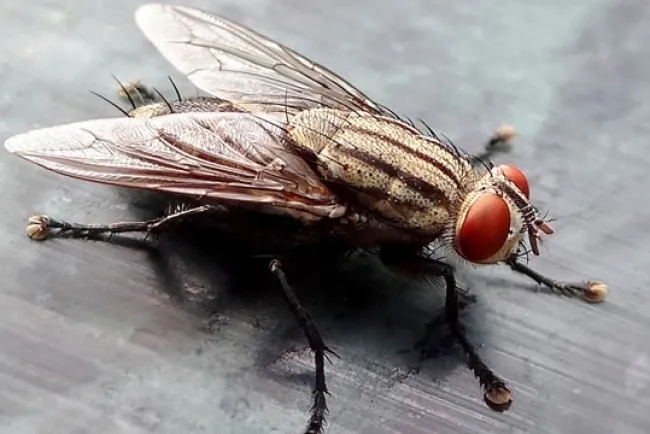New Ghostly Octopus Species Discovered Near Hawaii: Meet Casper
"Discover the mysterious ghostly octopus 'Casper' found in Hawaii, a likely new species. Learn about its unique features and significance in marine biology."
A remarkable discovery has emerged from the depths of the Hawaiian ocean, where researchers have encountered a ghostly octopus, likely a new species, dubbed "Casper." This unique creature was captured on video by a deep-diving robot at a staggering depth of 4,290 meters, showcasing its eerie appearance as it floated motionlessly on the ocean floor.
An Unprecedented Encounter
The sighting of Casper marks a significant moment in marine biology, as this is the first time scientists have observed an octopus of this kind at such extreme depths. Prior to this, the only known deep-sea octopuses were Dumbo octopuses, renowned for their distinctive ear-like flaps and capable of swimming as deep as 6,957 meters.
A Memorable Experience
Dr. Voit, associate curator of invertebrate zoology at the Field Museum of Natural History in Chicago, described the moment as unforgettable. The initial glimpse of Casper raised numerous questions about its unusual coloration. Unlike many other octopuses, which possess colorful chromatophores that aid in camouflage and communication, Casper's lack of color is intriguing.
Diet and Coloration
Dr. Voit speculates that Casper's pallor may be linked to its diet, suggesting that the octopus's feeding habits could influence its ghostly appearance. Research into five years' worth of archived video footage from deep-sea surveys in the Pacific has provided further insights into this mysterious species, revealing additional creatures from two distinct species residing on the seafloor alongside Casper.
Maternal Behavior
Interestingly, if other deep-sea octopuses are any indication, female Caspers may exhibit protective behavior over their eggs for extended periods. However, since all knowledge about these enigmatic octopuses is derived from images rather than physical specimens, they have not yet been officially named.
Conclusion
As scientists continue to explore the ocean's depths, discoveries like Casper shed light on the rich biodiversity that exists in unexplored realms.
What's Your Reaction?

















